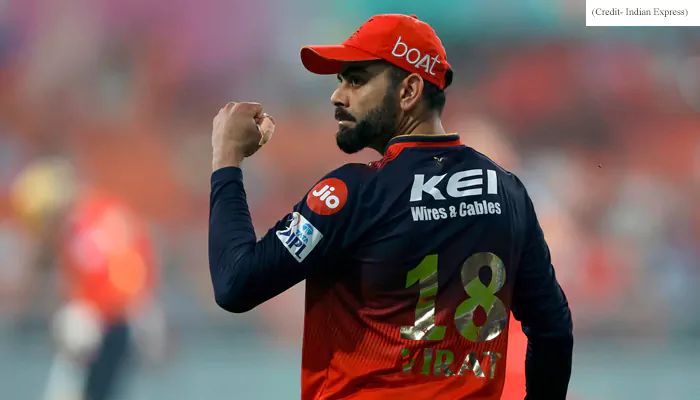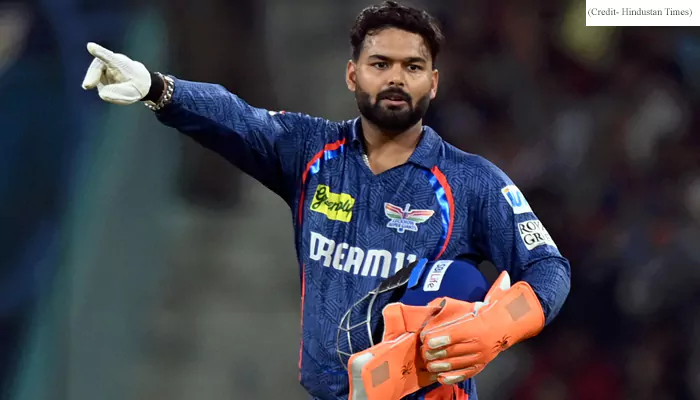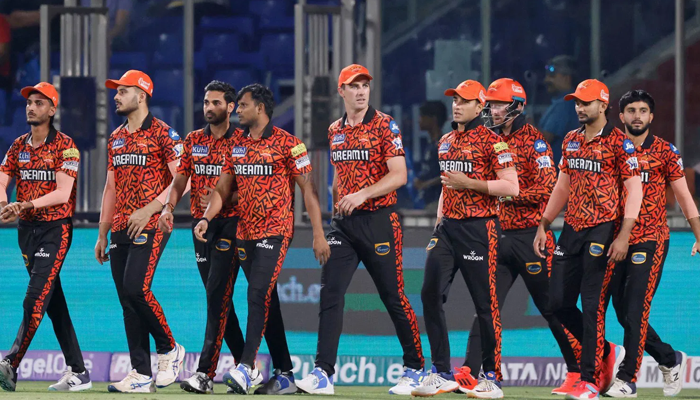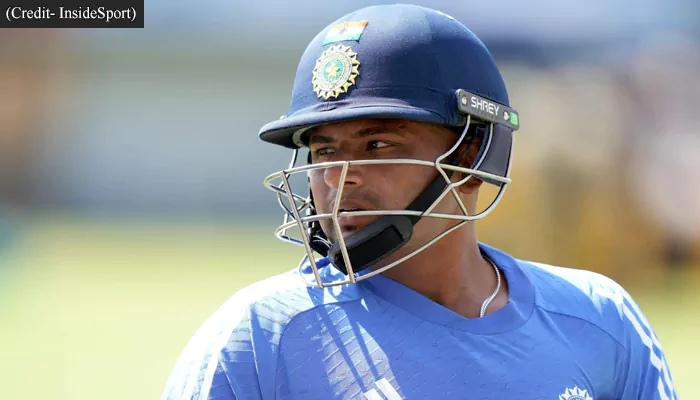The Introduction of Breakdance in Olympics: When Art Meets Athletics
- Admin
- 1 year ago
- 4 minutes read

The 2024 Olympics in Paris will witness the debut of a unique sport: breakdancing, also known as breaking. This addition has sparked debate, with some questioning its suitability for the prestigious Games. Let’s look at the arguments for and against breakdancing’s inclusion.
A Sport with Roots and Rhythms
Breakdancing is more than just a dance style; it’s a cultural phenomenon. Born in the Bronx borough of New York City in the 1970s, it emerged from the vibrant hip-hop scene. Characterized by acrobatic moves, intricate footwork, and the interplay between DJs and MCs, breaking competitions gained international traction in the 1990s.
The Quest for Younger Viewers: The IOC’s Perspective
The International Olympic Committee (IOC) has been introducing new sports like skateboarding, surfing, and sport climbing in recent years. This strategy aims to attract a younger demographic and broaden the Games’ appeal.Breakdancing, with its energetic nature and existing fanbase, aligns with this goal.

The 2024 Olympics in Paris will witness the debut of a unique sport: breakdancing // Picture Courtesy — CNN
Beyond Entertainment: The Skill and Dedication of B-Boys and B-Girls
Critics who downplay breakdancing as “just dancing” might underestimate the athleticism required. B-boys and B-girls (male and female breakdancers) train rigorously to develop strength, power, flexibility, and coordination. Mastering complex moves like windmills, freezes, and footwork sequences demands immense physical prowess.
Subjectivity and Scoring: A Point of Contention
One of the main criticisms of breakdancing as an Olympic sport is the subjective nature of judging. Similar concerns exist in sports like ice dancing, where scoring relies heavily on interpretation. The IOC might need to refine the judging criteria to ensure consistency and fairness in breakdancing competitions.
Breaking the Mould: Diversity and Representation
Breakdancing’s inclusion is significant because it highlights a sport with origins in communities of colour. Traditionally, the Olympics have featured sports often associated with “white dudes,” as the author puts it. Breakdancing’s presence on the Olympic stage offers a broader representation of athletic talent.
A Question of Fit: Breaking vs. Established Sports
Some argue that breakdancing, with its artistic and expressive elements, doesn’t quite fit the mould of traditional Olympic sports. They point to existing dance styles, like ballet or ballroom, that haven’t received the same Olympic recognition.This raises questions about the selection criteria for new additions.
Beyond the Olympics: Breakdancing’s Potential Gain
The debate extends to whether breakdancing will benefit from the Olympic spotlight. While the sport boasts a dedicated following, the exposure and prestige associated with the Olympics could further elevate its popularity. However, some believe breakdancing already thrives independently and doesn’t necessarily need the IOC’s validation.
The Olympics Evolve: A Balancing Act
The IOC faces a challenge in balancing tradition with the need to adapt. Including breakdancing demonstrates the Games’ willingness to evolve and cater to a changing audience. However, ensuring fairness in judging and maintaining the core values of athleticism remain crucial aspects.
Stranger Sports Have Competed: A Matter of Perspective
Is breakdancing truly out of place in the Olympics? The inclusion of sports like synchronized swimming and dressage might suggest otherwise. Ultimately, the perception of what constitutes a “true” Olympic sport is subjective.
An Unwavering Audience: The Allure of the Games
Despite initial reservations, many viewers, like the author, likely find themselves drawn to the novelty of breakdancing at the Olympics. The spectacle, athleticism, and cultural significance of this art form might hold unexpected appeal for a global audience.
The Final Step: A Continuing Conversation
Breakdancing’s inclusion in the Olympics sparks a valuable conversation about the Games’ evolving identity. Whether it’s the perfect fit or not, this addition reflects the IOC’s efforts to stay relevant and represent the diverse world of sports and athleticism. The 2024 Games will provide a platform to assess the success of this choice and pave the way for future discussions about inclusivity and the ever-changing Olympic landscape.












